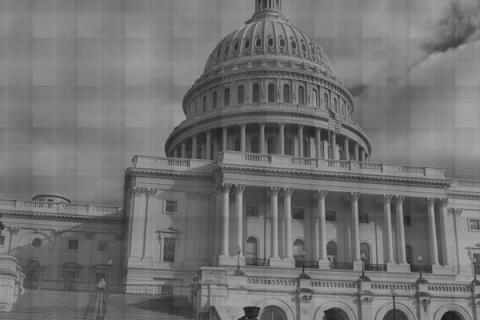The default rate for college loans has risen sharply in California and the rest of the country, from 7% in 2008 to 8.8% in 2009. For-profit colleges have both the highest and fastest-growing rates of default.
The Sacramento Bee has a useful chart showing the default rate for California colleges. The highest is the Institute of Technology in Clovis, which has a whopping 28% default rate, followed closely by several other similar colleges that also offer vocational training. Job training for these institutions is almost entirely for non-management, skilled blue-collar and technician jobs. Classes include training to be a mechanic, dental assistant, bookkeeper, massage therapist, baker, medical billing specialist, web designer, and the like.
These would be decently-paying jobs in good times, but we aren't in good times now. Quite the opposite, as companies aren't hiring much, especially not for what are essentially entry-level jobs. This is compounded by some of these jobs being ones that would almost certainly be unionized. Given the unemployment rate, unions that can have a say in who gets what job would almost certainly choose their out-of-work members first. For that matter, many private companies may also be hiring for a pool of people they already know.
So you can see the problem. Young people with no job and few marketable skills go to a for-profit college to learn a trade, taking out a government-guaranteed loans to finance it. But these jobs don't pay that much in the first place, plus the students can't get hired when they graduate because of the economy, so they default. An AP article says "Among some of the largest and better-known operators, the default rate at the University of Phoenix chain rose from 12.8 to 18.8 percent and at ITT Technical Institute it jumped from 10.9 percent to 22.6 percent" vs. a rise from 6% to 7.2% for public institutions.
What many students who take loans are probably not aware of is that student loans which are guaranteed by the federal government are not dischargeable by bankruptcy. You can lose a house, walk away from it, file bankruptcy and make the debt go away. This is not possible with federal student loans. The debt stays with you even in bankruptcy.
Some opine this is akin to the real estate bubble which cratered our economy. Real estate loans were guaranteed by the government so due diligence was often ignored. Homes were sold, the mortgages packaged into securities for Wall Street to sell. What could go wrong with that? Everyone got a commission and the government agreed to pay the tab should the mortgages go south. Of course, millions of them did just that.
Millions of students may well default on their loans. But while the government will pay back the college, it is relentless in collecting from the students. Wages can be garnished and bank accounts can have money taken out to pay the loans. The colleges have no risk here and suffer no adverse consequences should a student default. But students, often unknowingly, assume huge risk. Shouldn't the colleges signing up students also have some skin in the game? If too many students at a given college default on loans, no more federally guaranteed loans should be made there. This would be a good start at reforming a process that is clearly broken.

